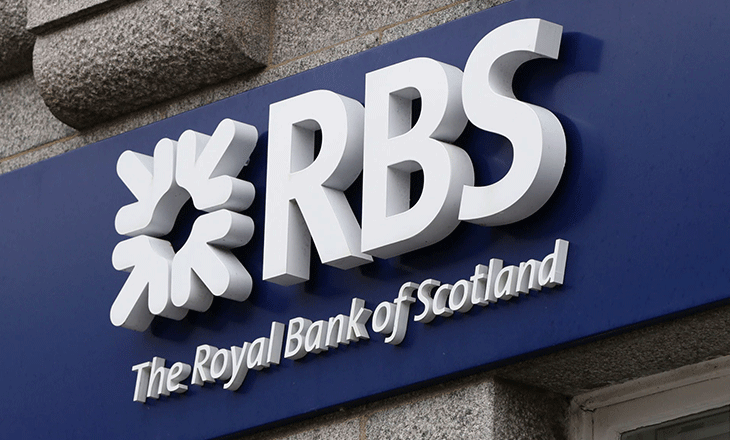The Royal Bank of Scotland (RBS) is taking the unusual action of reimbursing 730,000 customers of the bank for its ill-gotten forex markup gains taken by previous workers in its foreign exchange department at the bank. This particular activity of misconduct was discovered independent of what has been called the greatest FX scandal in history. Ten individual traders perpetrated this rate-rigging scheme from 2010 through 2014. The pool of funds for these paybacks is £40 million or $53 million.
According to reports from The Guardian, a spokesperson for the bank stated:
We are proactively refunding the difference, with interest, for incorrect foreign exchange rates that were applied to some international payments for certain customers between 2010 and 2014. We identified and addressed the source of the incorrect exchange rates in 2014, and put in place additional checks and controls to prevent this happening again. We apologize to those customers impacted.
Regarding the larger rate fixing scandal that also involved staff from RBS, Reuters had reported:
Allegations of widespread manipulation in the spot foreign exchange market were first reported in 2013 following the Libor scandal in 2012 where traders were found to have rigged the setting of interbank lending rates. U.S. and British authorities have since fined seven of the world’s top banks a total of around $10 billion for trying to manipulate foreign exchange rates.
Reuters subsequently reported on fines assessed specifically by the EU:
Barclays, Citigroup, JP Morgan, MUFG and Royal Bank of Scotland were fined a combined 1.07 billion euros ($1.2 billion) by the European Union on Thursday for rigging the multi-trillion dollar foreign exchange market.
In this case, traders employed various chat rooms to exchange information regarding trading strategies and how they planned to impact the subsequent fixing of rates for major currency pairs.
In this separate case at RBS, investigators were auditing another area of forex concern, when they noticed that a group of ten traders had “rigged” the markup software to add “60 pence on top of every 1,000 pounds ($1,335) sent through bank transfers overseas”. The ruse raised tens of millions of pounds for the bank, but the traders did not benefit directly from their misconduct. The funds, however, were added to a revenue pool from which bonus compensation was derived. The ten traders benefited indirectly from their misdeeds via bonus payouts, but not one of these traders is still employed by the bank.
This type of additional markup being added to every transaction is the first of its kind in the UK. To the credit of RBS and its new boss, Alison Rose, who assumed his post in November, the bank elected to refund customers directly, rather than wait to be ordered to do so by City authorities. After receiving severe fines for the previous FX rate-fixing scandal, the bank has instituted many new controls to prevent a reoccurrence of such previous transgressions. This new forex matter was a surprise, and the bank rightly moved quickly to repair any damage to its reputation.
